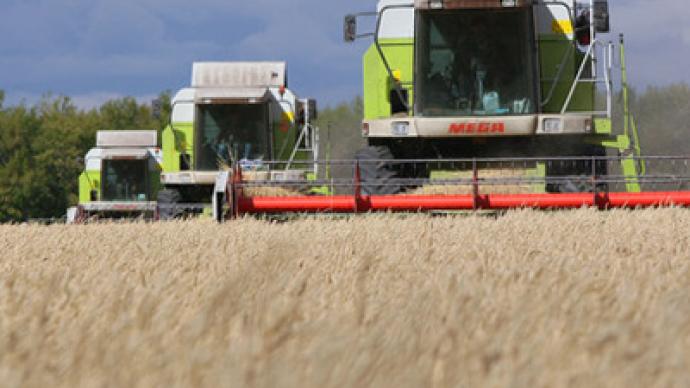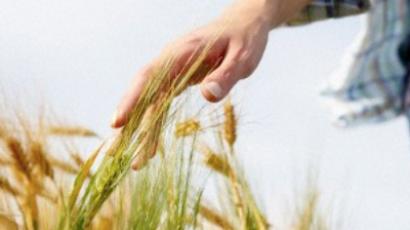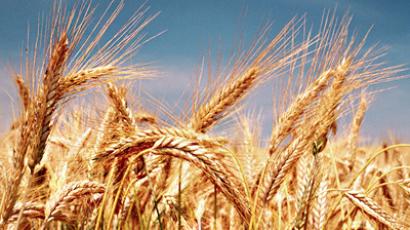Russia removes grain embargo with markets quick to respond

First Deputy Prime Minister Viktor Zubkov and Russian Prime Minister Vladimir Putin have made a decision to remove the ban on grain exports, with Zubkov saying that the conditions have improved and forecasts are positive.
“Grain prices are now about 5200-5400 roubles per tonne, which is almost half global market prices. Given that we have enough volume of grain crops, a positive forecast for the winter wheat harvest, and the pace of spring field works is good, I believe that we can lift the grain export as of July.”Russian Prime Minister Vladimir Putin hailed the proposal, noting that the agricultural ministry should keep an eye on market and ensure the volume of supply "We are lifting the grain export ban from July 1 this year, but I am asking you to work most actively, as you have in recent years, to ensure the good work of the agriculture ministry,”Viktor Zubkov, First Deputy Prime Minister, noted that the domestic market will be protected from price hikes by grain reserves and tariff regulations.“We have a very efficient mechanism to counter such possible factors. The current grain intervention fund has reached almost 6 million tonnes of grain and, if there are issues related to price increases, we will apply customs and tariff regulation measures to counter them.”First Deputy Prime Minister Igor Shuvalov said the members of Customs Union have unique export possibilities and the development of food markets and food security is even more important than Russia’s pressing issue of crude potential"Russia and Kazakhstan are capable of controlling up to 20% of wheat exports. Customs Union member countries can make a weighty contribution to global food security. Russia's main export potential is located in southern and eastern areas. What we can do in exports of wheat and finished products are much more important than our crude export potential in the east.”Russia imposed a grain export ban as result of the poor harvest last year on the back of the unprecedented drought throughout the major agricultural regions. The export ban came into force in August 2010 for five months, projected until December 2010, with latest decision to halt the ban on July 1, 2011. Anton Safonov, Investcafe analyst, citing the Financial Times, said that the cost of wheat on world markets showed the largest drop in three weeks after Russia's decision to lift the embargo on grain exports.“Wheat prices with an option to be delivered in November declined to a maximum of 4.7% during a Monday trading session on Paris Euronext, with trading price closing at 243.25 euros per tonne, showing a 3.1% price decline,” Safonov added that export volumes will depend on global weather conditions and foreign exporters’ policies “This year’s harvest is expected to be 80 million tonnes, while consumption in the last year has fallen dramatically due to high prices, the demand will be about 73-75 million tonnes. Given the fact that the volume of the crop may reach 87-90 million tonnes, as well as the need to build reserves in the amount of 15-20 million tonnes, the total export potential can be more than 10 -12 million tonnes, which is, of course, less than in past years. However, if adverse weather conditions remain in Europe, Canada and the U.S. export volumes could be significant,”














